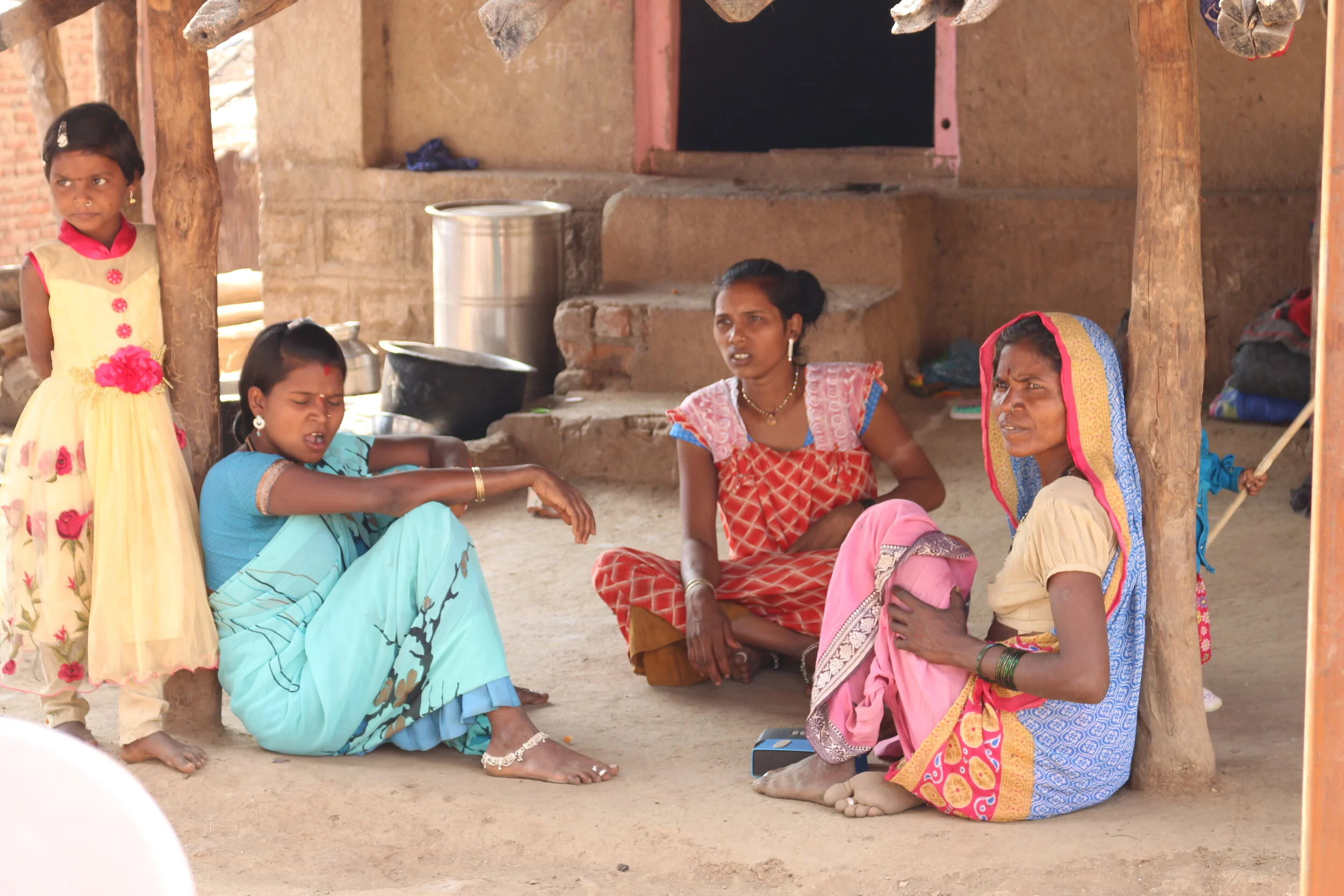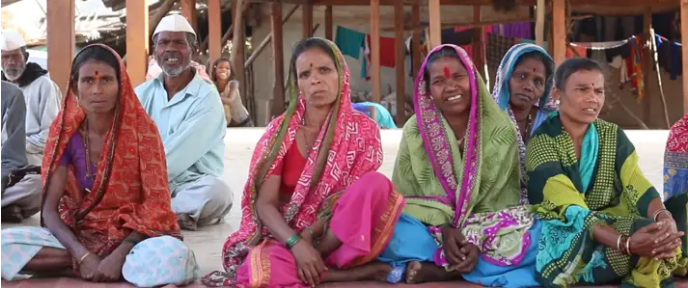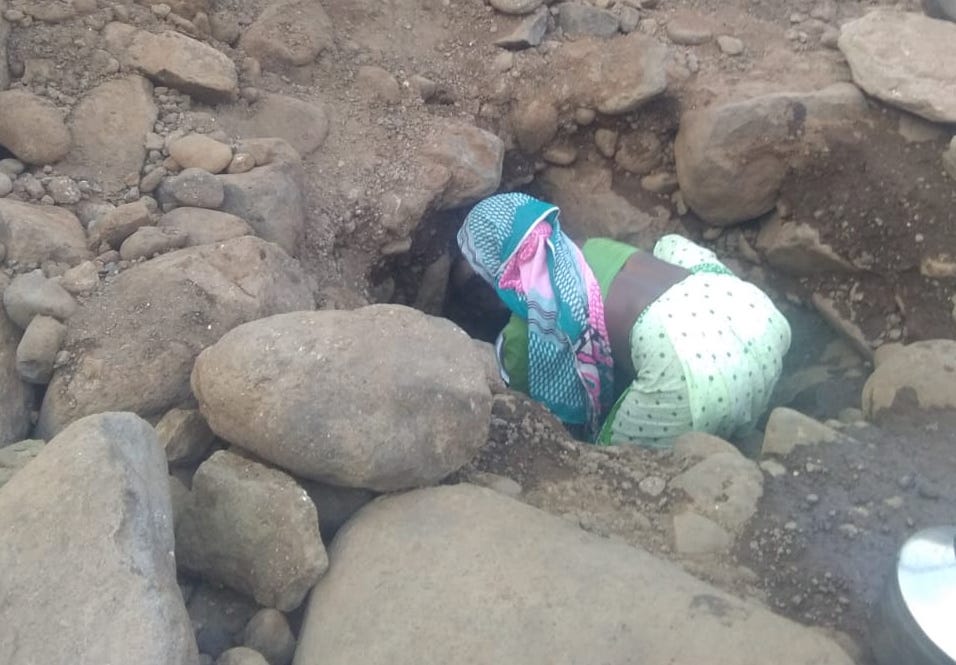Community Stories - Adivasi Voices Project
Eighteen months ago, Nanda could not read or write - today she regularly reads stories to her parents! The ADIVASI VOICES PROJECT is changing the lives of Nanda and others in her remote tribal community in Maharashtra, India. Her teacher says, "Thanks to the project there is now 100% school attendance and there are more girls in school than boys. You have helped parents see the value of education.”
In today's tech savvy world, information is just a click away with our mobile phones and computers, or if those aren't in reach, our televisions and even radios all help keep us informed. But what if we didn't have any of these available to us? How would we find out important health and community information? HCR has been working in partnership with Seva Social Welfare Foundation in remote parts of India’s Maharashtra state, home to many indigenous groups known as Adivasis.
What a joy to be back in the remote Maharashtran village of Kahandol in time to celebrate the inauguration of their two new wells. Just four months earlier I had been standing on a dried up riverbed with my Indian colleagues, Shilpa, Sam and Akshay and the head of the village, Patil Ramdas Warde. Ramdas told us how the drought had brought great hardship to his village, with only 28 days of water, and he had asked us if there was anything we could do to help …
Our partner, Seva, working among tribal people in Maharashtra had gone to distribute SD cards for latest audio programmes for the 'speaker boxes' when they discovered the community in Kahandol in great distress due to lack of water. They found people desperately trying to dig pits to find water, but with little effect. Seva’s Chief Executive, Shilpa Shinde said they had to do something to alleviate the community’s distress.
“Only 28 days until the water runs out”, says Patil Ramdas Warde, the leader of a village in Maharashtra. Such is the plight of many tribal communities across the county. The lack of rain has led to major crop failure. Eighty per cent of the rice plantations have failed to yield a harvest. As the Patil – meaning ‘village head’ – shared his worries with us, the need of the Adivasi Village Project became increasingly apparent.
HCR is back in India! It’s been six months since Jon visited, and he’s excited to see the progress that Seva Social Welfare Foundation has made. HCR is about journeying with partners as they build capacity, equipping local people to make a meaningful social impact within their communities. Just as HCR is journeying with Seva (meaning ‘service’), I am journeying with Jon.
It’s hard to find many places on the planet today that don’t have access to some form of media. However in remote parts of India’s Maharashtra state, many indigenous tribal or Adivasi communities don’t have access to radio, television or even mobile ‘phones. Many can’t read.
It’s for that reason that HCR, in partnership with Seva Social Welfare Foundation, has begun a project to distribute “speaker boxes” with content that will transform lives.









